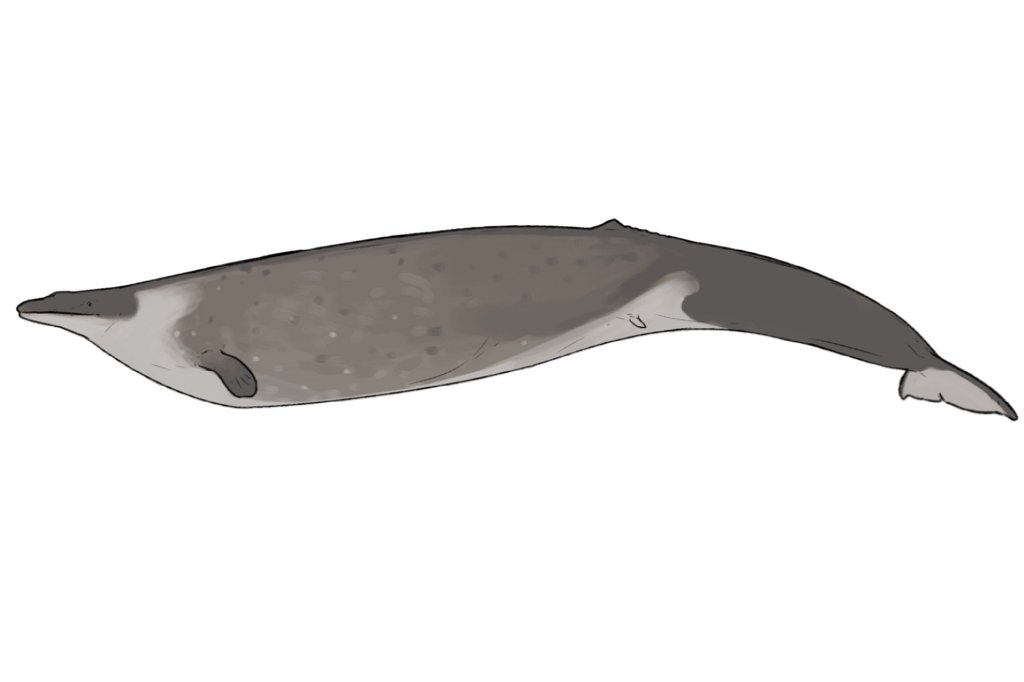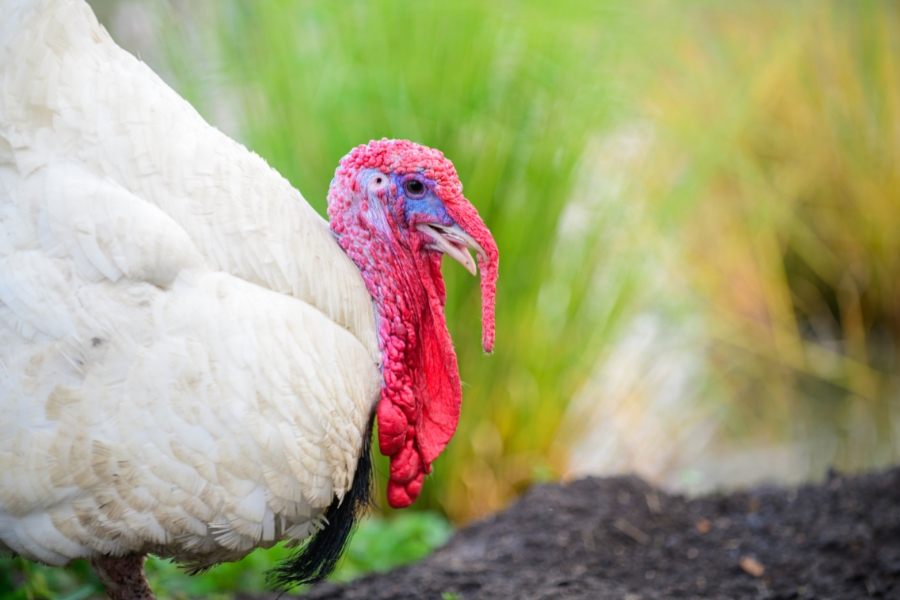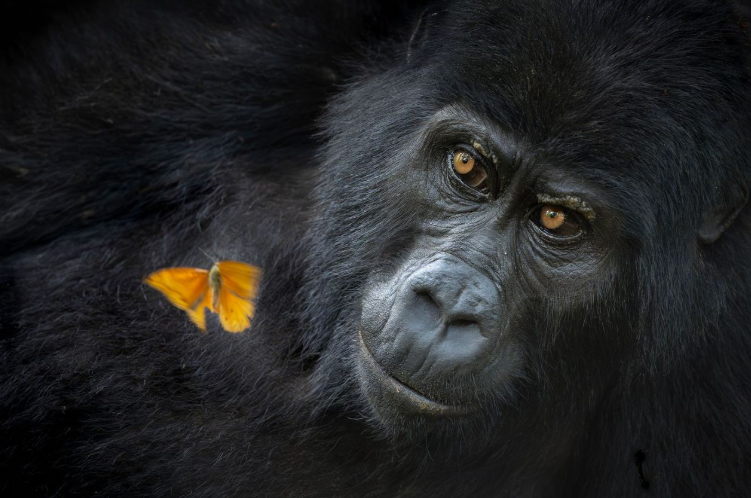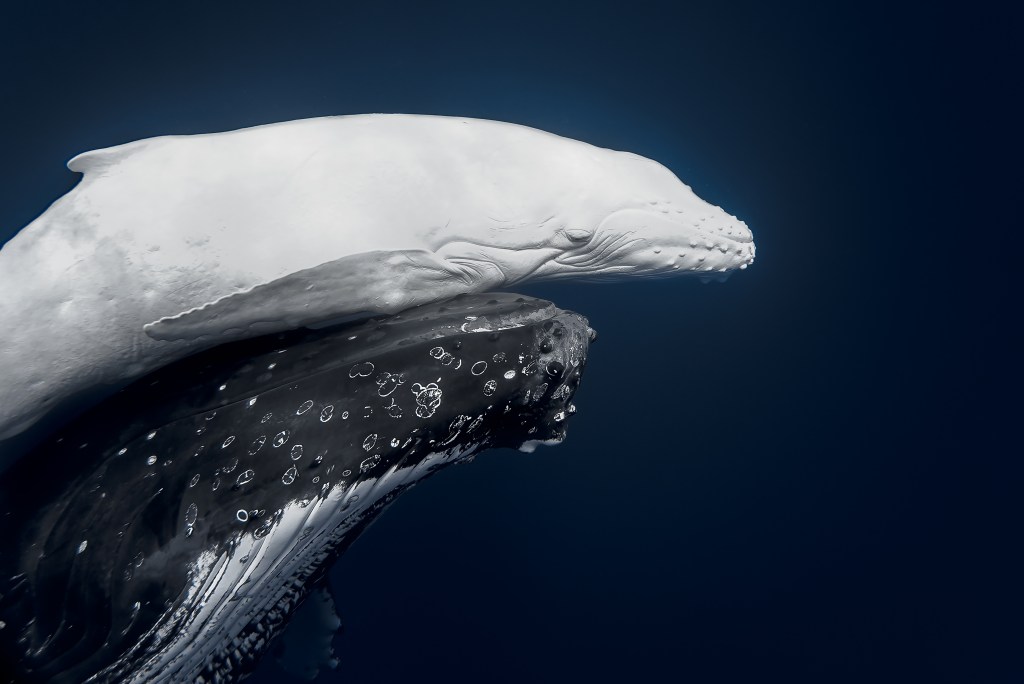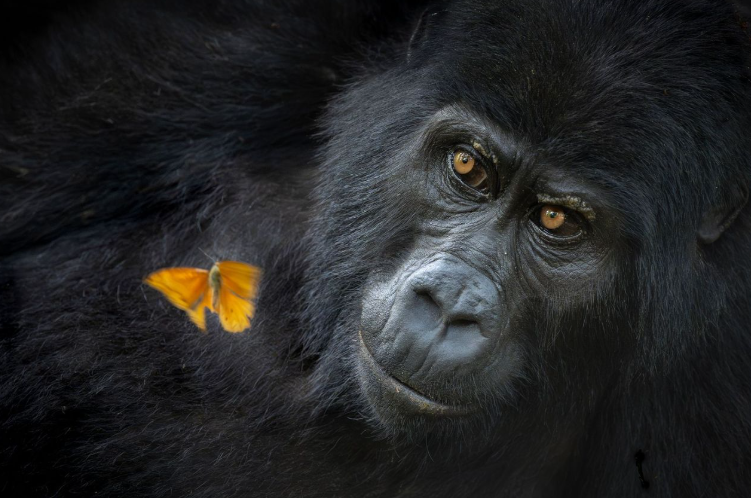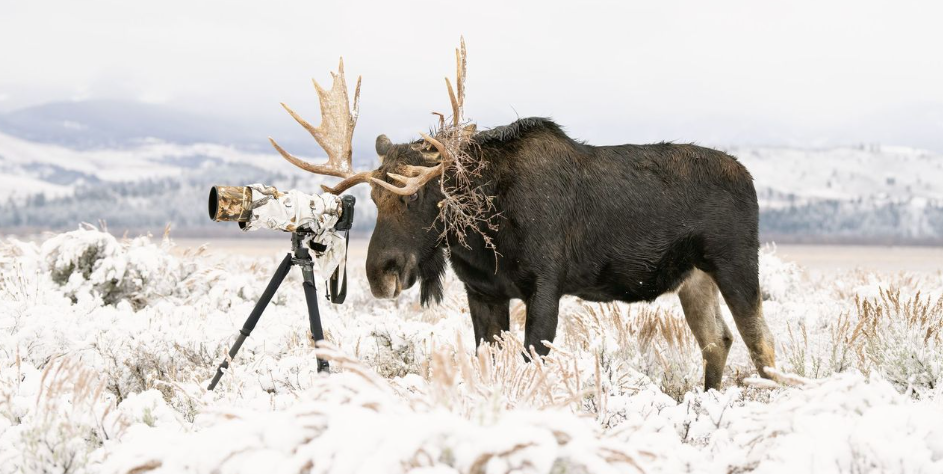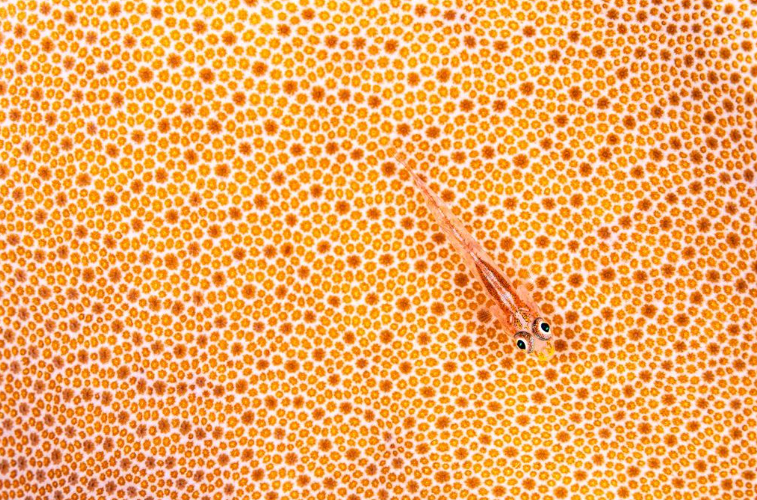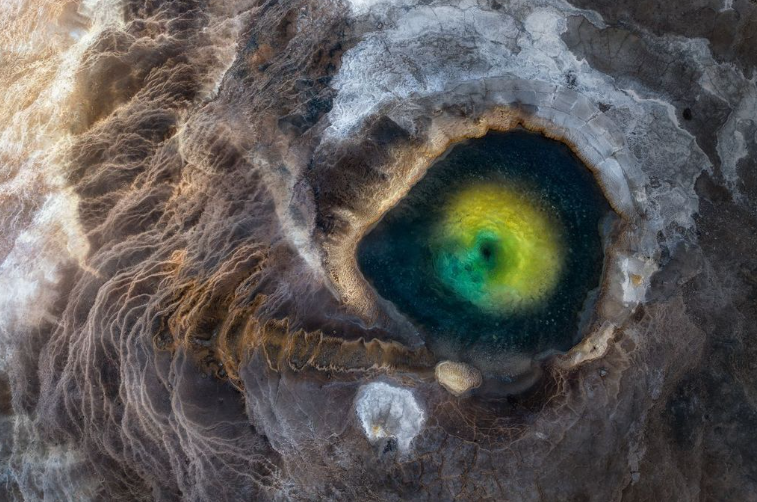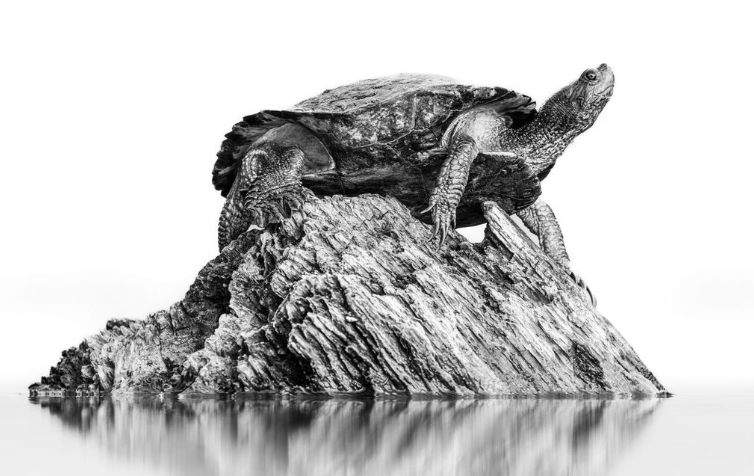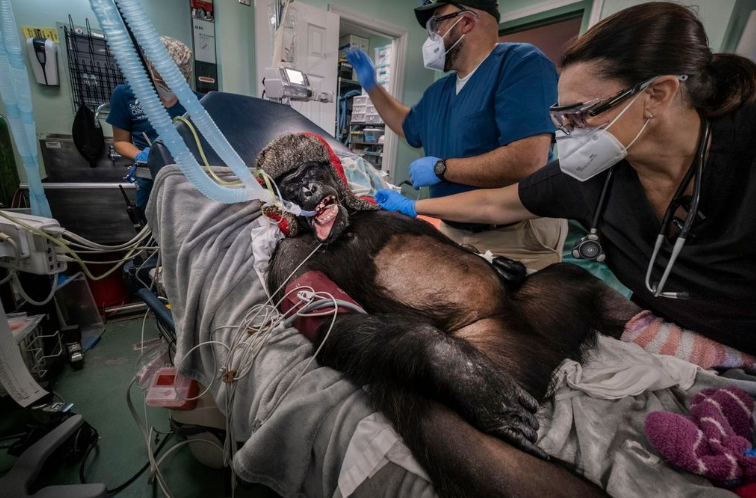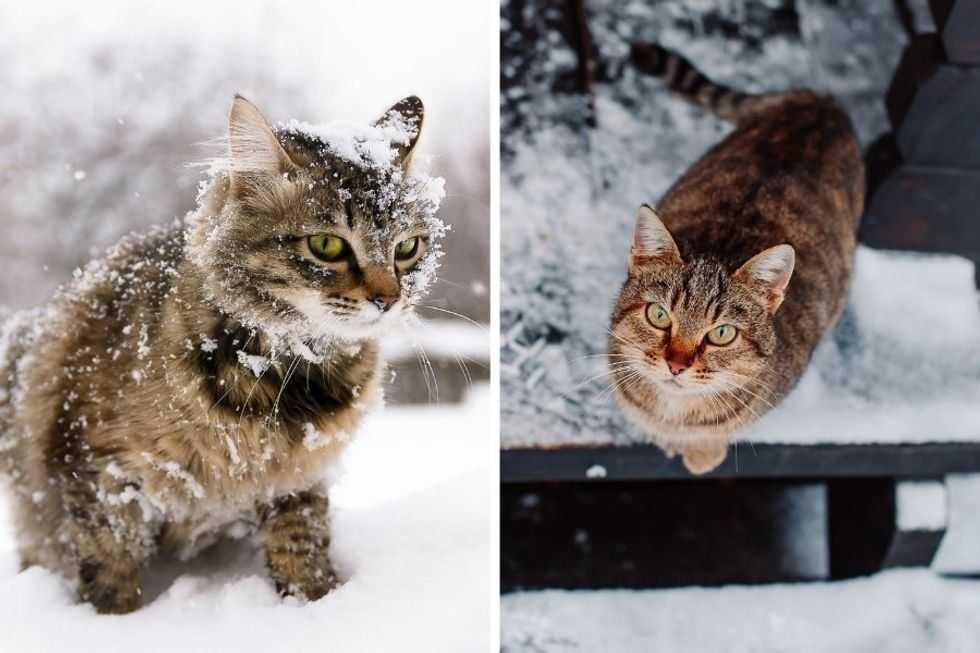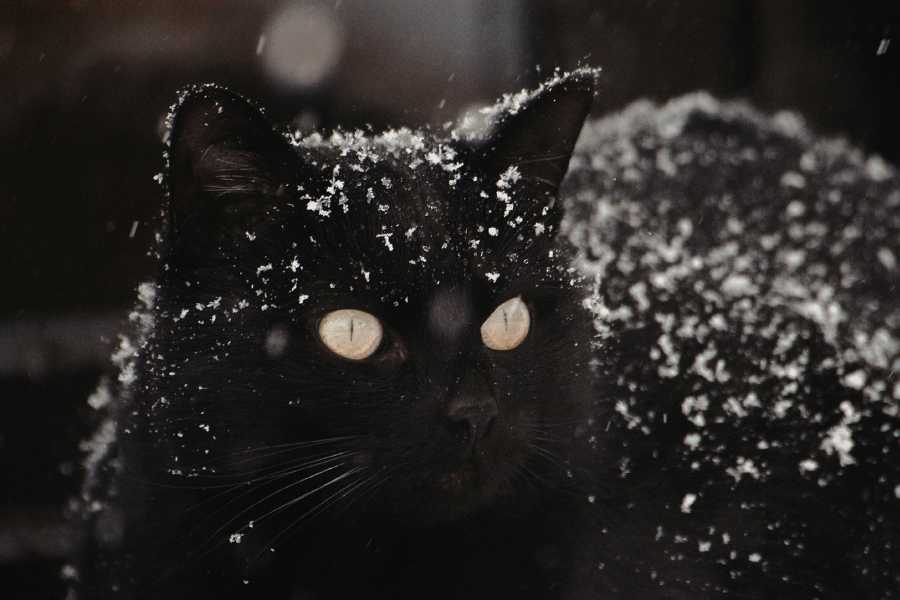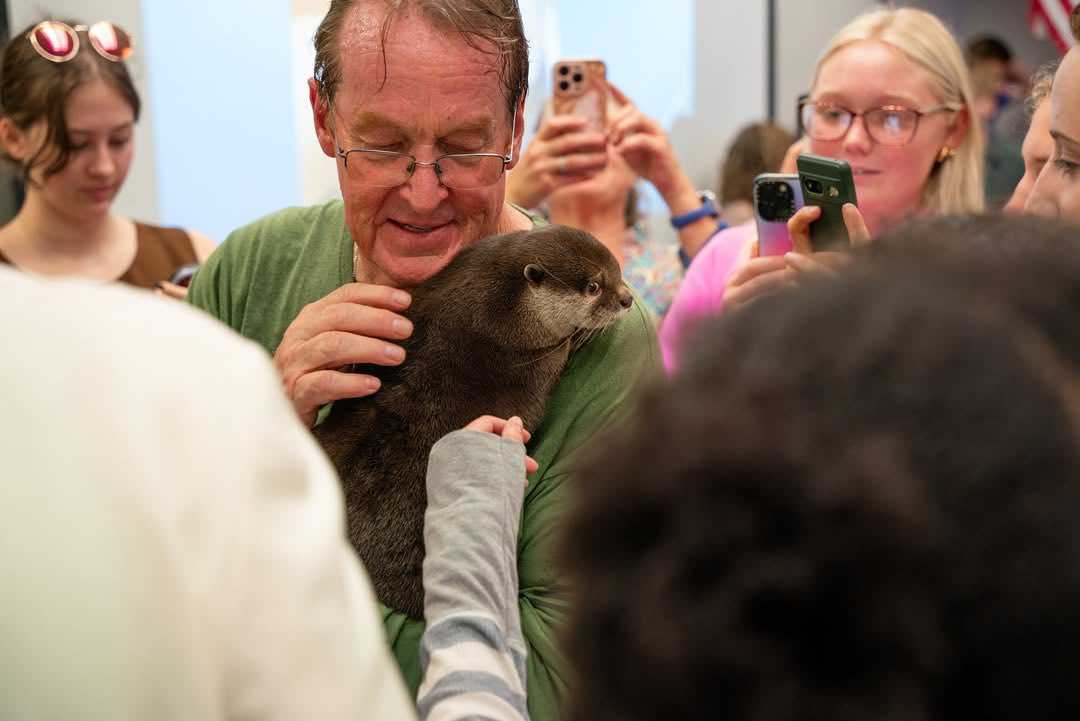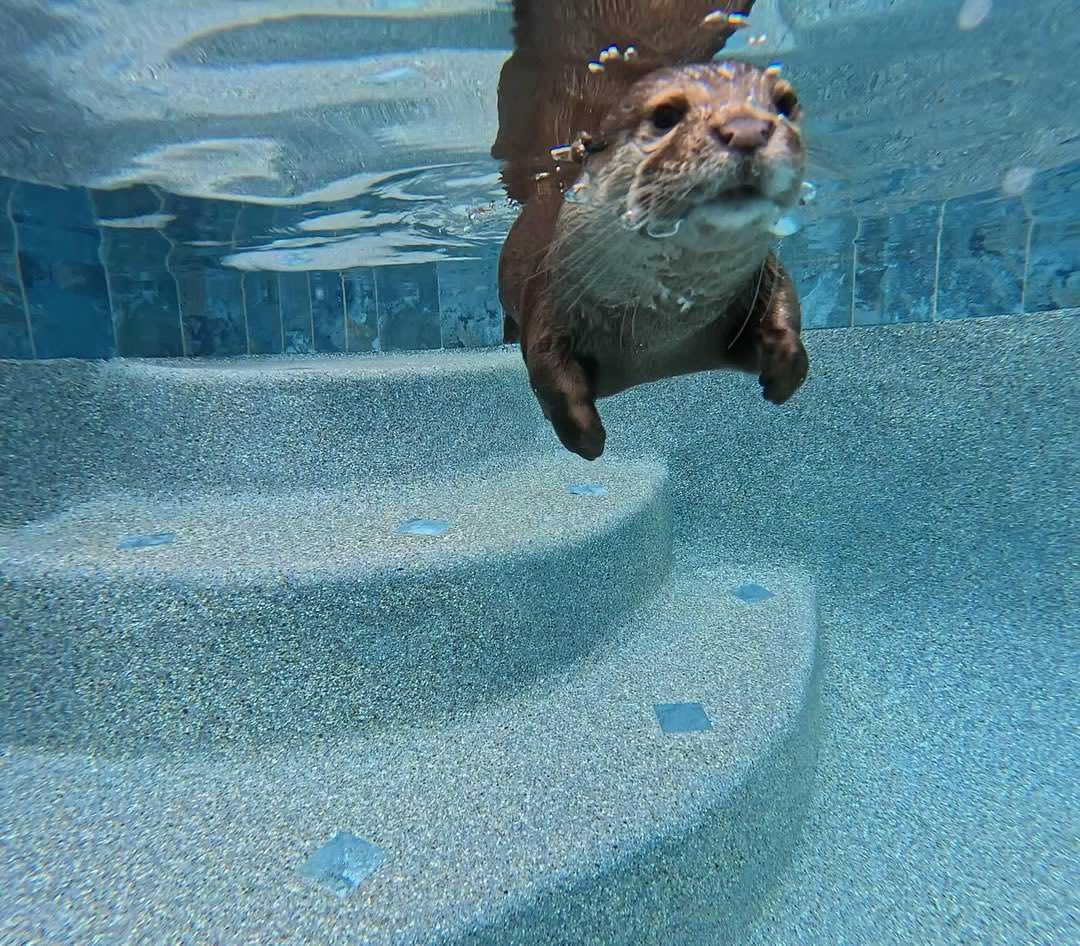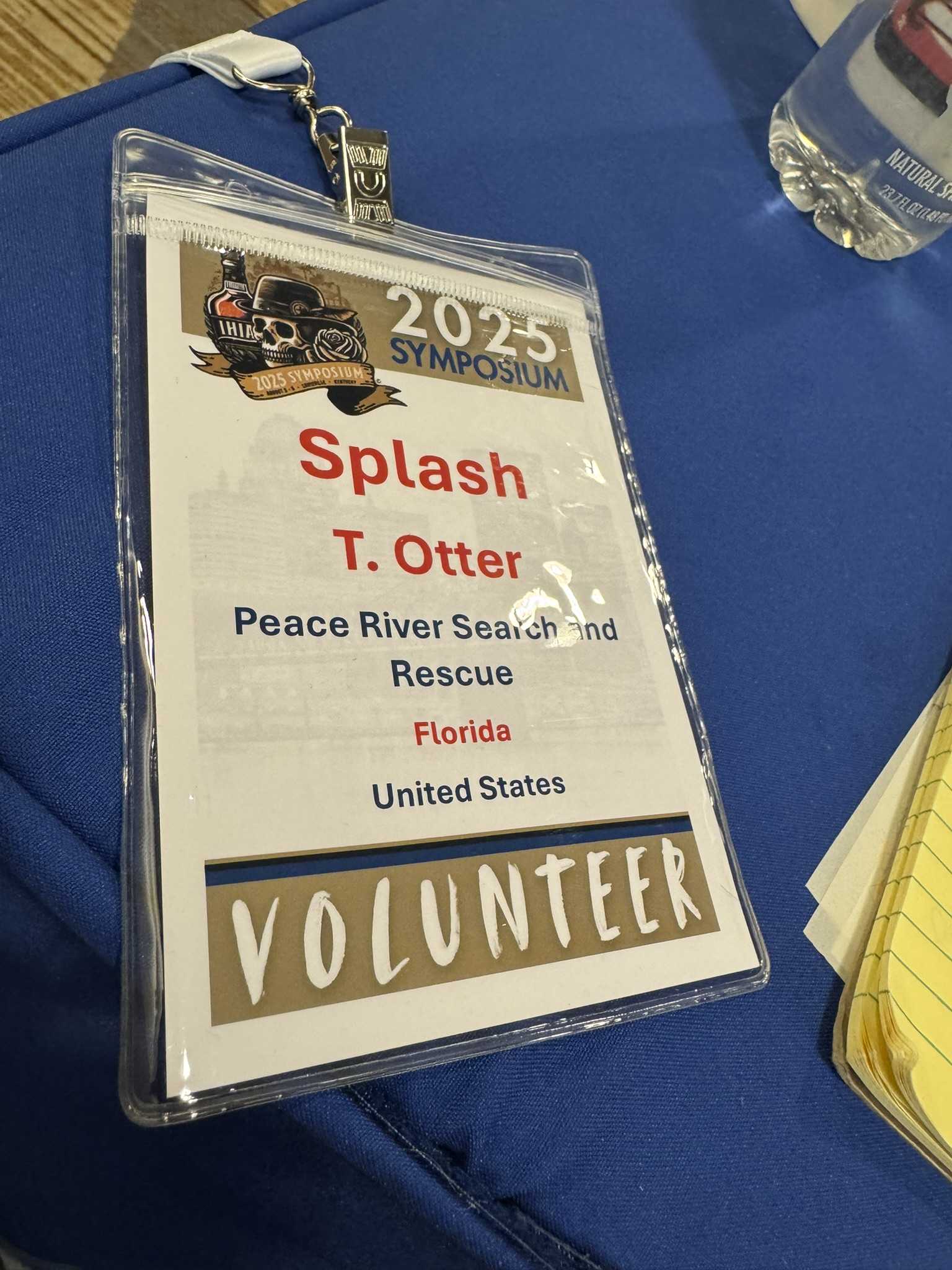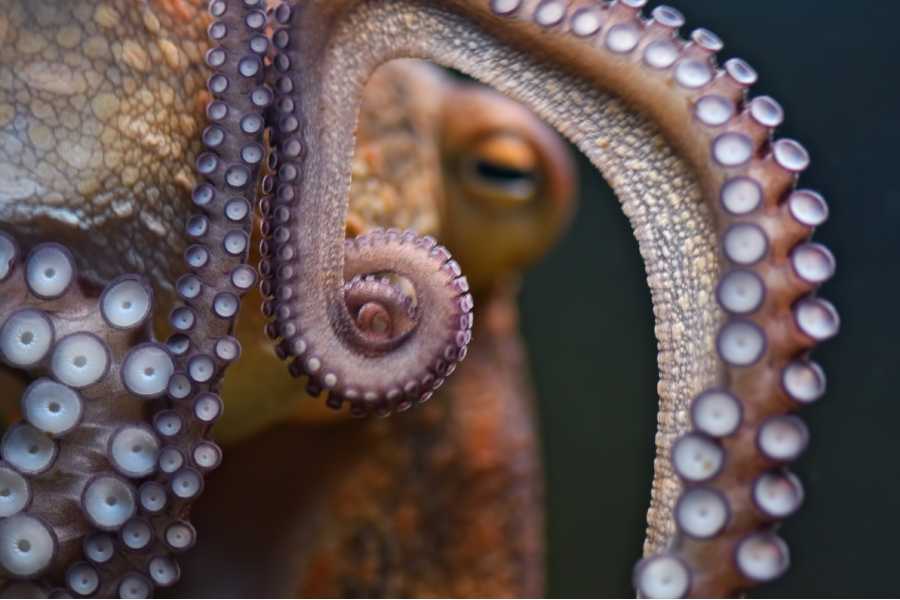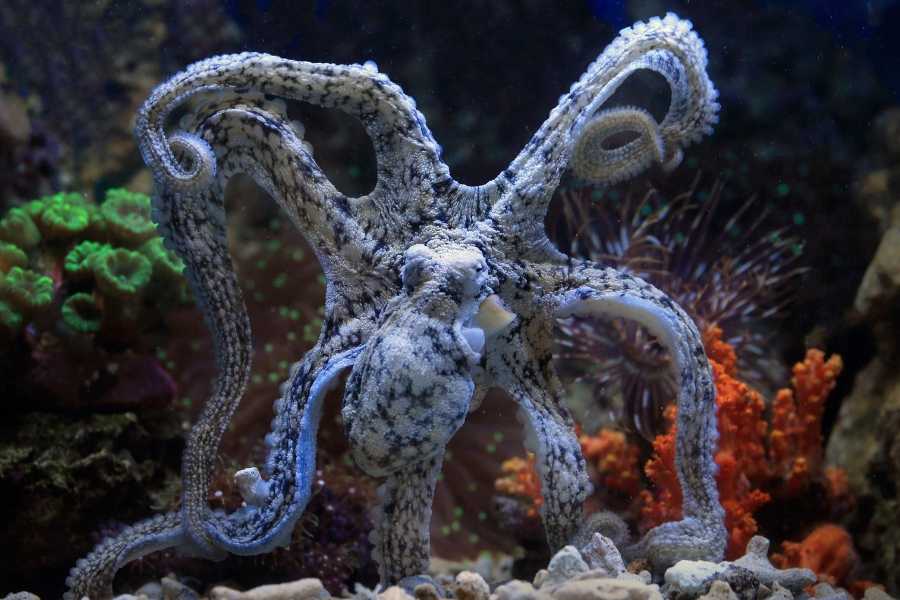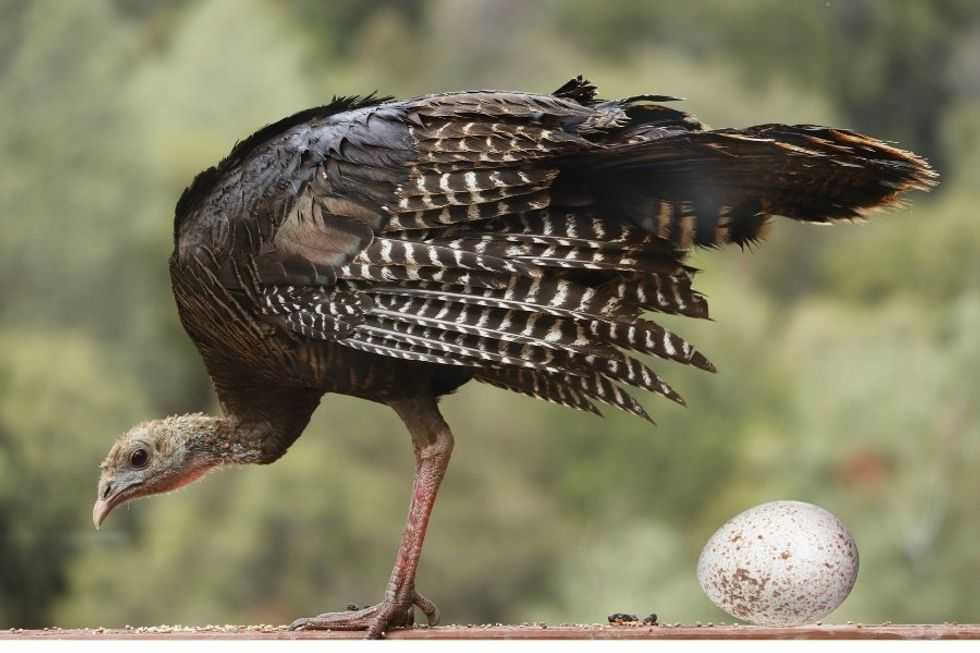Last year, scientists in Peru announced they had discovered the world’s heaviest animal. Dubbed Perucetus Colossus or P. Colossus, for short, this ancient whale with a bloated body, small head and small fins, was estimated to tip the scales at a resounding 700,000 pounds. That’s larger than the largest animal up to that point—the Blue Whale—which can weigh up to 540,000 pounds.
The unusual fossils of P. Colossus believed to be nearly 40 million years old, were discovered in a desert in Peru. Whereas bones are normally spongy-looking, these fossils appeared dense and inflated, leading scientists to debate whether these were bones or rocks. It was determined they were, in fact, bones—vertebra bones, to be exact, each of which weighed at least 220 pounds. They also found ribs measuring nearly five feet across. All told, they found 13 vertebrae, four ribs, and part of a hip.
Using projections, it was estimated that this was the heaviest animal ever to have lived.
Headlines abounded, mentioning the size of this silly-looking beast.
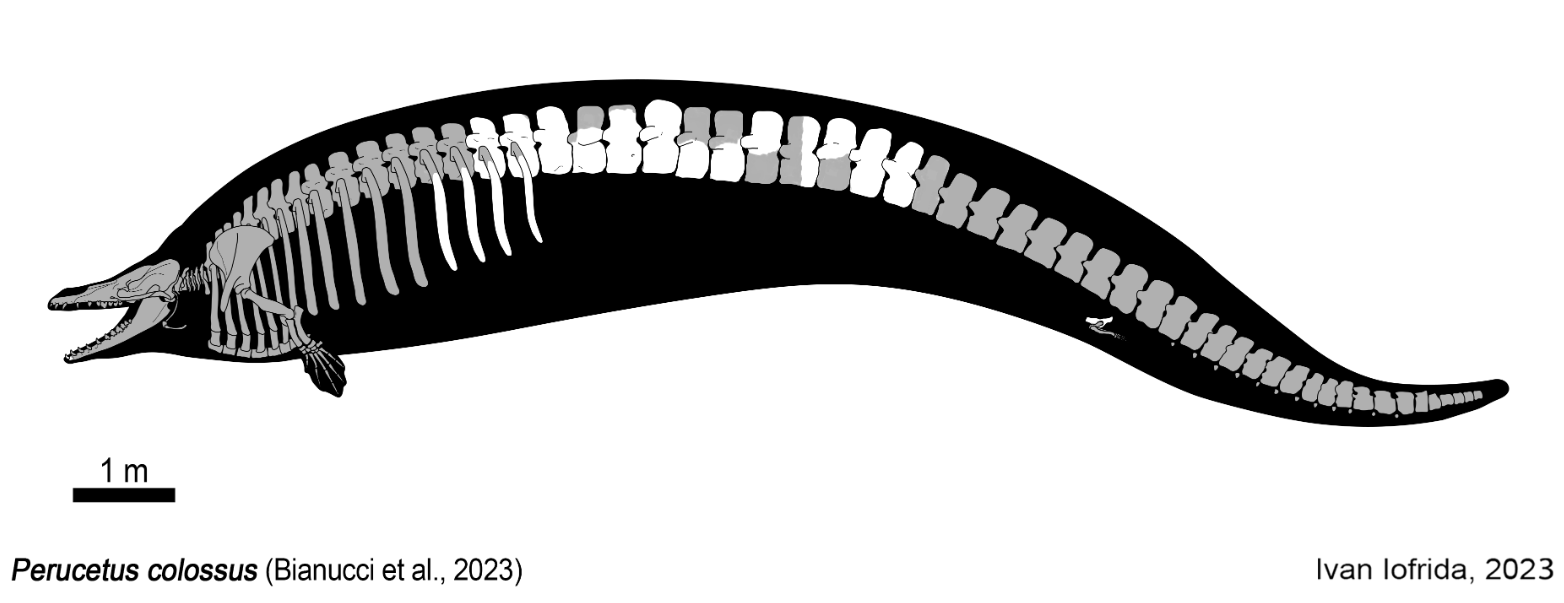
However, in late February 2024, scientists changed their tune. It turns out the estimates were off, and this chonky gal was merely big-boned, literally.
The new estimates put P. Colossus at 60 to 70 tons at 17 meters long and 98 to 114 tons at 20 meters long. It is still quite heavy, maxing out at 228,000 pounds, but not nearly as heavy as the blue whale, which maxes out at approximately 540,000 pounds or 270 tons.
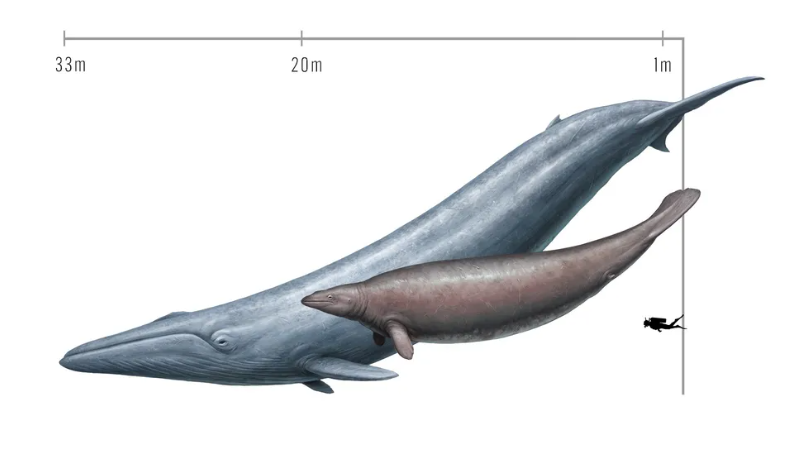
So what happened? Here’s some sciency language from the new study, “Downsizing a heavyweight: factors and methods that revise weight estimates of the giant fossil whale Perucetus Colossus.”
“[The scientists who said P. Colossus was the heaviest animal] based their estimates on a new method, in which they first estimated the total skeletal mass of Perucetus through extrapolation from the skeletal material and then used the value to secondarily extrapolate its body mass, assuming skeletal to body mass ratios based on extant cetaceans and sirenians. A simple ratio mandates an isometric relationship between body and skeletal masses, and they justified this step by testing for isometry using a phylogenetically controlled regression.”
Ah yes, how many times a phylogenetically controlled regression has come around to bite us on the butt.
Translation: It’s understandable, sort of, why they used the wrong equation, but make no mistake—they used the wrong equation. And now, some science shade from the same paper:
“Their method involves questionable assumptions that suggest their body mass estimates are not reasonable…”
“It is important to note that the overall size estimate of Perucetus has remained the same,” Cullen Townsend told Upworthy. Townsend is an artist who renders prehistoric animals for the Natural History Museum Los Angeles, among others, and who created a corrected rendering to accompany the new paper.
Says Townsend: “What is now being debated is how heavy the animal potentially was. Our understanding of prehistoric animals is filled with holes and can change drastically with a new discovery or research. It is not surprising that scientists are coming to new conclusions. Our depictions of nearly every prehistoric animal have changed over time to better correspond with advancements in paleontology and our interpretation of the fossil record. Our current understanding of Perucetus is no different and will likely change again in the not-too-distant future. It is the nature of this field.”
So no “Real Scientists” reality show coming to cable TV anytime soon?
Or “Biggest Loser, Animal Style”? (P. Colossus wins, obviously)
The NatureWasMetal Reddit group saw this coming:
“Of course, Perucetus was going to be downsized… I’m never going to trust this sort of claim again, I felt like it couldn’t be true,” said Kaam00s.
“All my hopes and dreams shattered… I lived for that chonky whale man,” said Grouper3.
But Time-Accident3809 pointed out the silver lining:
“We are so lucky to coexist with the largest known animal to have ever lived. Now here’s hoping we don’t [mess] that up as well.”

